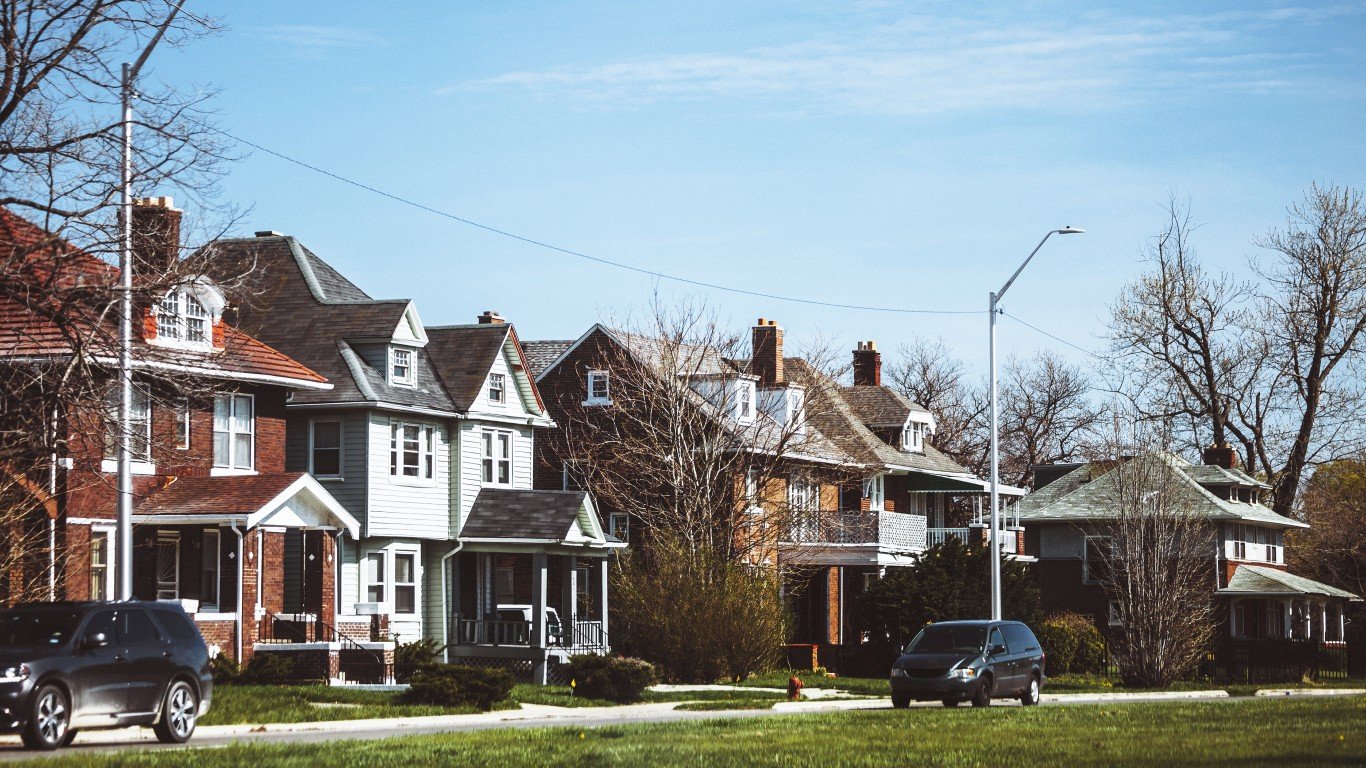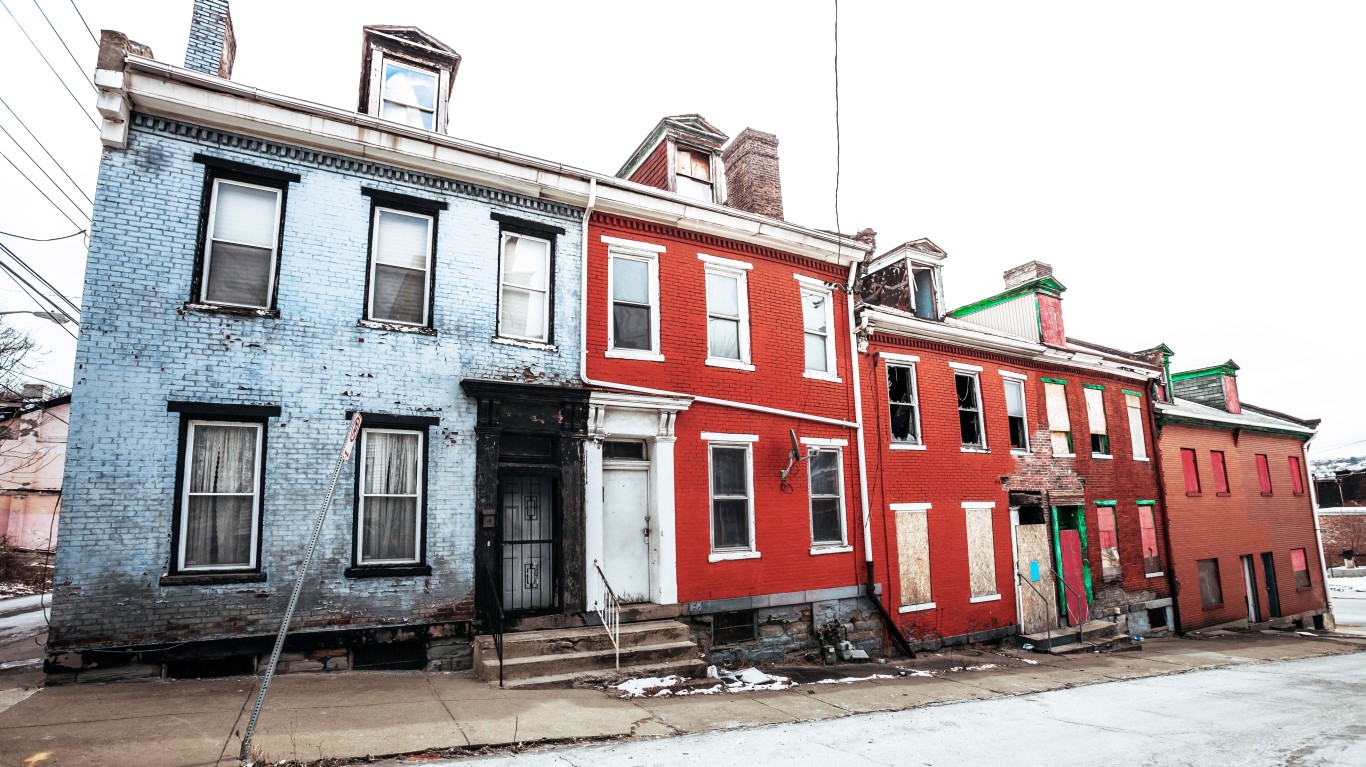 The market’s reaction to the S&P Case Shiller data showing the home prices dropped almost 19% in March was that the data is old, so there is no point in giving it much attention. The market seemed to shrug it off by posting large gains.
The market’s reaction to the S&P Case Shiller data showing the home prices dropped almost 19% in March was that the data is old, so there is no point in giving it much attention. The market seemed to shrug it off by posting large gains.
But, the numbers from March are like canned vegetables. It takes them a long time to spoil. That point was driven home by a study Fitch, the credit ratings agency, is preparing that shows “that between 65% and 75% of modified subprime loans will fall 60-days or more delinquent within 12 months of the loan change.” In other words, even if homeowners are given a second chance to keep their homes and enjoy lower monthly payments, they are prepared to walk away.
The market is looking for ways to claim that housing is finding a bottom and that it is possible that a recovery in home prices in in the wings. While there may be some pick-up in sales in the most depressed markets including Nevada and Florida, there is no sign that prices are rising. Clever buyers are moving in to buy homes in foreclosure, but the prices of these houses are so low that their sales may actually bring down the average price of the homes being sold in those markets.
What housing “bulls” do not want to admit is that people who have underwater mortgages will often give up on the opportunity to keep their homes because they see no financial future in staying. They may never get any equity from their residences. They are probably better off to rent under the circumstances and move back into the housing market when it begins to recover. Some owners have been burned so badly that they may rent for life. That in and of itself will keep demand for home purchases low.
Another factor that will not allow home prices to recover is the reluctance of banks to lend money to anyone except people with sterling credit ratings. Those people are harder and harder to find during a recession when paying bills late may be the only way to pay them at all.
Several economists are projecting the GDP growth in the US may stay below 2% for three of four years and that 8% unemployment will become what they call “the new normal.” Housing will not recovery much if those assessments are true. Over the last decade the unemployment rate has been closer to 5% than to 8%. The three percentage point difference in a labor force which numbers more than 100 million people is a hole in the economy that cannot be filed. People without work are not going to be home buyers.
The “new normal” in housing is that home prices which have dropped 20% or more may drop further. Even under the best of circumstances, prices will not recover.
Douglas A. McIntyre
Sponsored: Attention Savvy Investors: Speak to 3 Financial Experts – FREE
Ever wanted an extra set of eyes on an investment you’re considering? Now you can speak with up to 3 financial experts in your area for FREE. By simply
clicking here you can begin to match with financial professionals who can help guide you through the financial decisions you’re making. And the best part? The first conversation with them is free.
Click here to match with up to 3 financial pros who would be excited to help you make financial decisions.
Thank you for reading! Have some feedback for us?
Contact the 24/7 Wall St. editorial team.



